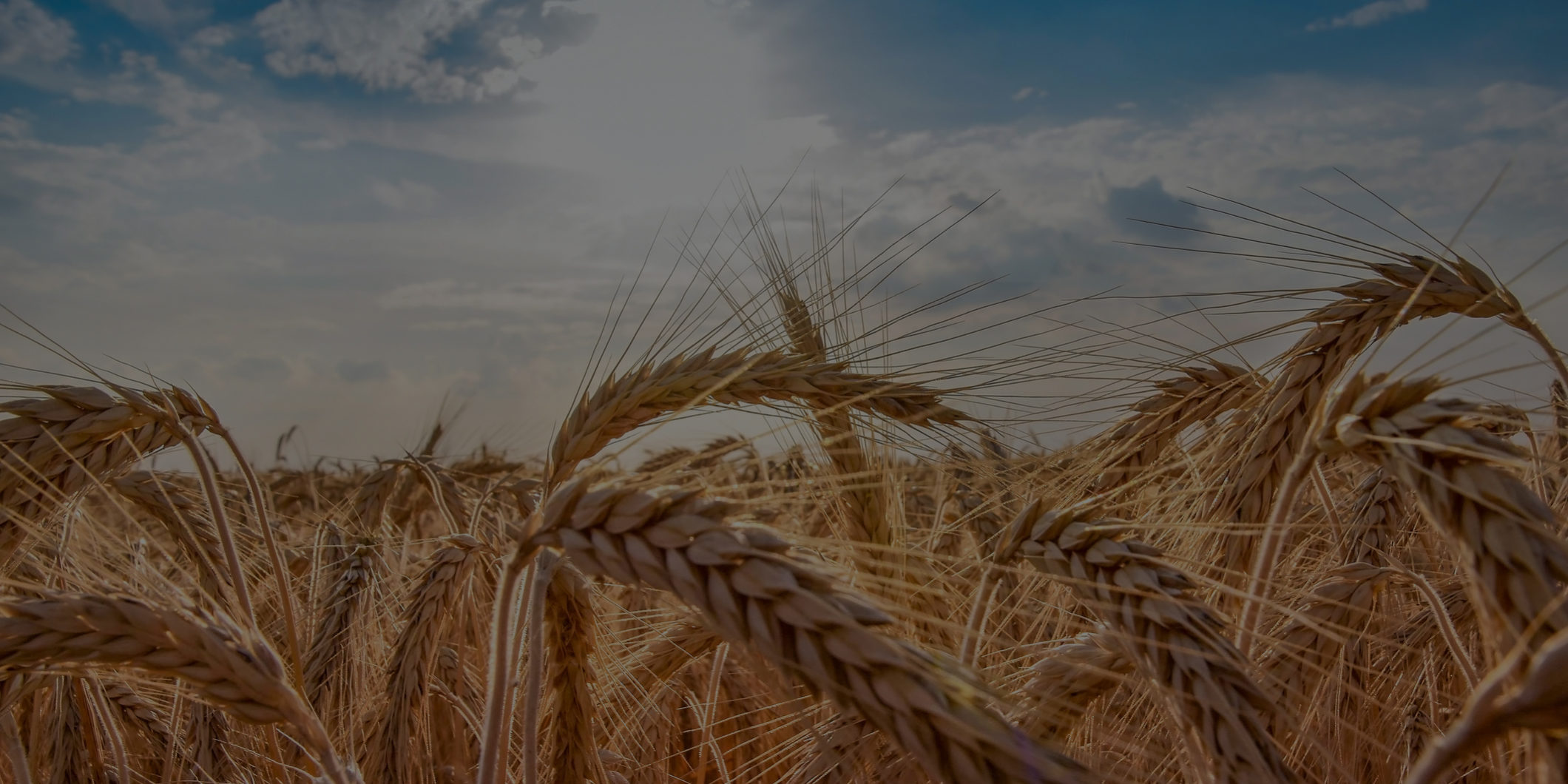The farmers and ranchers who produce our nation’s food are among the unsung heroes of the COVID-19 pandemic. They’ve put their own fears aside to keep America fed during this uncertain time.
So, it’s unconscionable that as many farmers are in the field harvesting, farm policy critics are now ramping up their same old criticisms.
A Reuters columnist even went ahead and said the quiet part loud: “Let farms fail.”
Meanwhile, an article from our longtime critics at the American Enterprise Institute couldn’t even get some basic facts straight about how American farm policy operates. (Hint: America’s sugar growers don’t receive subsidies. In fact, sugar policy is designed to operate at zero cost to taxpayers.)
And the Wall Street Journal raised questions that misconstrue who benefits from federal farm aid – aid that has been critical to the survival of farmers and ranchers, both large and small.
These are false attacks that we’ve heard – and debunked – time and time again. It’s clear that commentators inside the Washington beltway understand very little about the corn belt, or the farm policies that support it.
But this time, they’re coming after rural America while our farmers and ranchers are performing a critical service to our nation.
Strong federal farm policies not only protect the farm families that are working tirelessly at enormous personal and financial risk, they also ensure that we can all continue to benefit from the world’s safest, most affordable, and most abundant food supply. Even during a global crisis.
As Jay Rempe, senior economist at the Nebraska Farm Bureau, said, “Anytime we talk about farm programs and their impacts, it is important to remember the reason for them. Food security is national security for America.”
Farmers and ranchers are essential. And they have been facing difficult headwinds, including a dismal farm economy, for nearly a decade. These challenges have been compounded by the COVID-19 pandemic.
The most recent Farm Income Forecast from the U.S. Department of Agriculture predicts that the revenue farmers bring in from selling crops or livestock this year will fall by $12.3 billion compared to 2019. That would put farm cash receipts at itslowest level in more than a decade and $18 billion below the 10-year average, according to the American Farm Bureau Federation.
The assistance provided by the federal government has helped farmers and ranchers weather this difficult period. Minnesota corn and soybean farmer Brian Thalmann told the Wall Street Journal that the government assistance helped him make payments on his farm loans.
Thalmann and his family are just one of the hundreds of thousands of hardworking family farmers that have directly benefited from this aid at a time when its needed most.
But as Thalmann will tell you, any farmer would much rather earn his or her income from the market.
“There is not a farmer around that wants to get a payment from the government,” Thalmann said.
Purposefully undermining the farm safety net and eliminating aid with the express purpose of “letting farms fail” is a disastrous policy proposal that would have reverberating harmful effects across the country.
Congress must continue to advance the bipartisan policies in the Farm Bill that provide America’s farmers and ranchers with a reliable safety net and smart tools to manage their risks. Because letting our farms fail is simply not an option.

